Evan Cobb is a St. Louis-based game developer who currently works for PixelPress, a local game development studio specializing in games that help players create their own games. Evan loves gaming so much that outside of work, he develops games.
When I ran into Evan at the PixelPop Festival (which PixelPress hosts) in 2017, he was showcasing his latest game, Presenting…, which was developed with a small group a friends. It’s not the first game Evan’s ever created, but it’s the first he’s demoed at an event. I took some time to talk to Evan about Presenting… and about his experience showcasing an indie game at the festival. The interview has been edited for clarity and brevity.
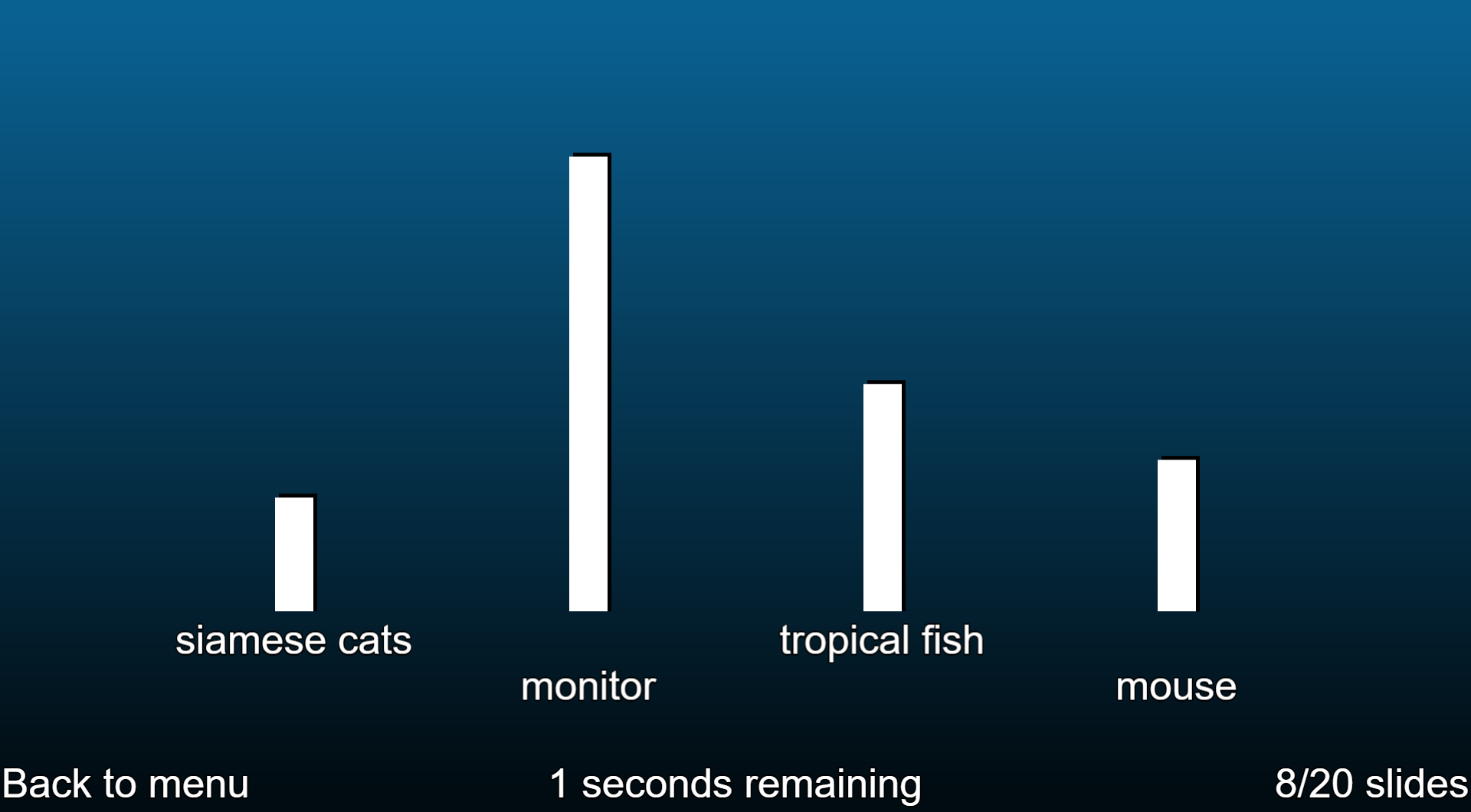
Allison Reilly: I know you were part of the team that created Presenting…. What role did you specifically have in developing the game?
Evan Cobb: I think I did most parts [that didn’t] involve creating writing. My wife, Becky, did almost all of the content writing for the slides, as well as contributing to the slide generation code and creating some of the later additions, like the wonderful list of questions for the audience to answer at the end of the talk. I specifically came up with the idea, collaborated on the initial prototype with Sam Jantz, and did most of the code. I’m also the ‘business’ person here, as I made decisions and trialed charging money for the game.
AR: How long did it take the team to develop Presenting…?
EC: Sam and I started on May 7, 2017, and had a working prototype by the end of the day that made us laugh. Our last changes happened on Aug. 6, just after PixelPop wrapped up. So just under 13 weeks. That’s with the three of us working in our evenings and weekends as we could.
AR: Where did the idea for the game come from?
EC: The idea came when I was watching this talk where Jonathan Blow (of Braid and The Witness) talks about the programming language he’s trying to make. At one point, he puts the same slide up twice and stops to acknowledge that. I thought, “How funny would it be if someone was messing with his slide deck?”
I found out later people already do this sort of thing at conferences, but with hand-prepared slide decks. When I ran the idea by Sam Jantz, who helped make the initial prototype, he was immediately familiar with the idea from attending OSCON.
AR: I first learned of Presenting… at the PixelPop Festival in St. Louis. What was the feedback you received from attendees?
EC: The reaction was polarized; we had some people who would come back throughout the day, often bringing friends to play again. Other people were completely turned off by the idea or sometimes didn’t understand what they were seeing was a game, not just a really bad presentation.
AR: Why did you decide to feature the game at PixelPop? Did you make the game specifically for PixelPop?
EC: We did not make the game specifically for the show, but it did give us a really nice deadline to work toward. PixelPop holds a special place in my heart. I gave short talks at the previous two festivals, helping me accomplish a life goal of speaking at an event, so it was really meaningful that it was the first festival where we demoed a game.
AR: Were any changes made to Presenting… after the festival? If so, what?
EC: Since PixelPop is a show for all ages, we had removed a few of the more risqué slides. After the festival, those got turned back on.
We keep thinking about carrying on with the project, adding Twitch chat support or a better skin/UI. Maybe someday!
AR: Is there anything about Presenting… that you would do differently if you were to do it again?
EC: I definitely learned a lesson about getting more people involved earlier. I had an idea in my head about how it would be fun, but it was really only fun to me. As soon as I got more people involved, it grew into something better very quickly. I think we’d also put more time into how it’s presented, as I think it’s really easy to get turned off at first glance.
AR: Was Presenting… the first game you ever developed? If not, then what was?
EC: Definitely not, though it is my favorite game I’ve made so far! I’ve personally made a few Android games, such as Vertiblocks and Square Squared. Square Squared was the very first game I developed.
And as a team we’ve participated in game jams in St. Louis, making such hits as Brushie Brushie, Beach Annihilation, and Russian Judge.
AR: Any plans to show Presenting… at any other festivals?
EC: Not right now, but we’re open to it! We still have a lot of fun playing the game with friends. I think we’d be embarrassed to do so without working on the game some more before then, though. We’ve gotten a lot of good feedback since then; it’d be a shame not to incorporate it.
AR: How did you first get started in game development?
EC: When I was in elementary school, I’d doodle game ideas in my notebooks during class. Around 2001, I started using RPG Maker 2000 (the PC port that was translated from Japanese into Russian into English!) and made a bunch of silly, small games with some friends. That inspired me to learn more programming, which ended up being my major in college, although I never wanted to be a game developer as a career back then.
AR: What do you think is the hardest part about developing a game from scratch?
EC: For me, the hardest part is figuring out how to explain it to someone. It’s tempting to take a shortcut by comparing what you’re making to something else, but that doesn’t explain why your thing is special. Conveying that is the hardest part. It’s even harder if there’s not really a good analogy.
AR: Do you have any advice for someone submitting their game to a festival or showcase like PixelPop, especially if they aren’t part of an established studio?
EC: Don’t be afraid! Everyone is generally really welcoming. Also, don’t do it alone. A lot of the value will come from meeting other people. You’re going to need a break at some point, and you’re going to want more time to meet other creators and see what others are doing. You can’t do much if you’re stuck at a booth all day. And be sure to ask for feedback! I think we missed a big opportunity to ask for feedback or criticism from the largest audience who’d seen our game so far. I really wish we’d just been up front in asking for feedback from players, particularly those who already liked it.
Presenting… is free to play and is available to download from itch.io.

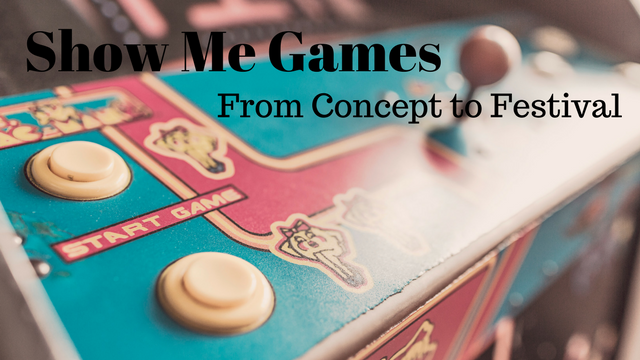
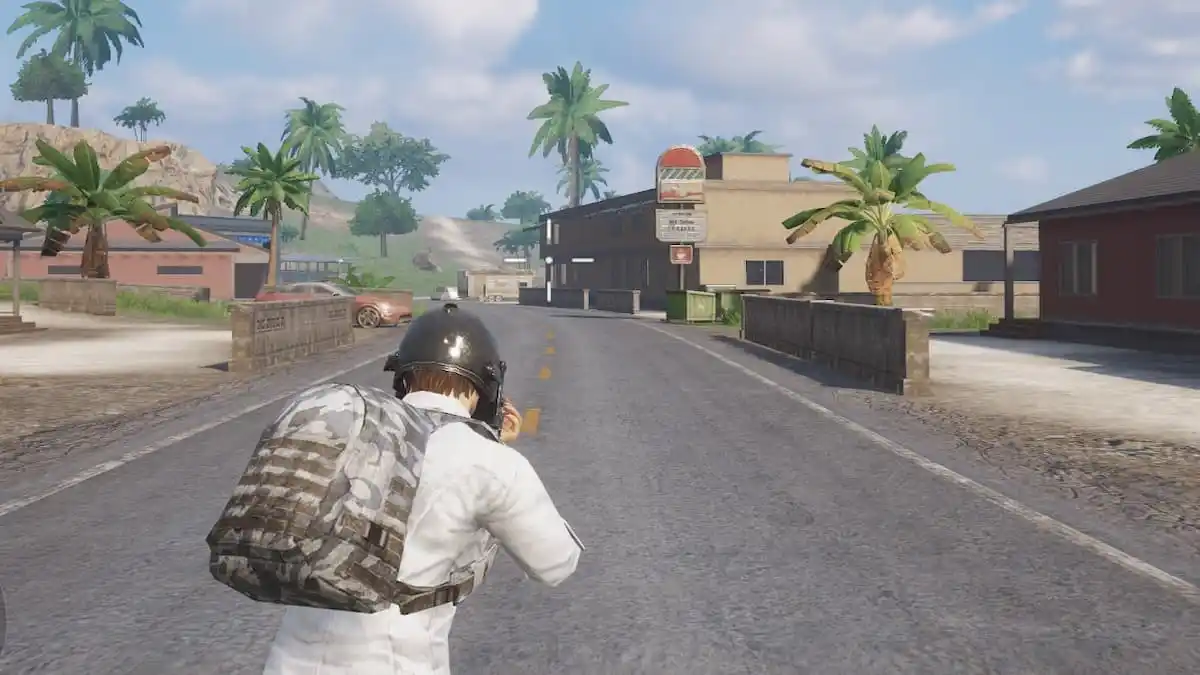
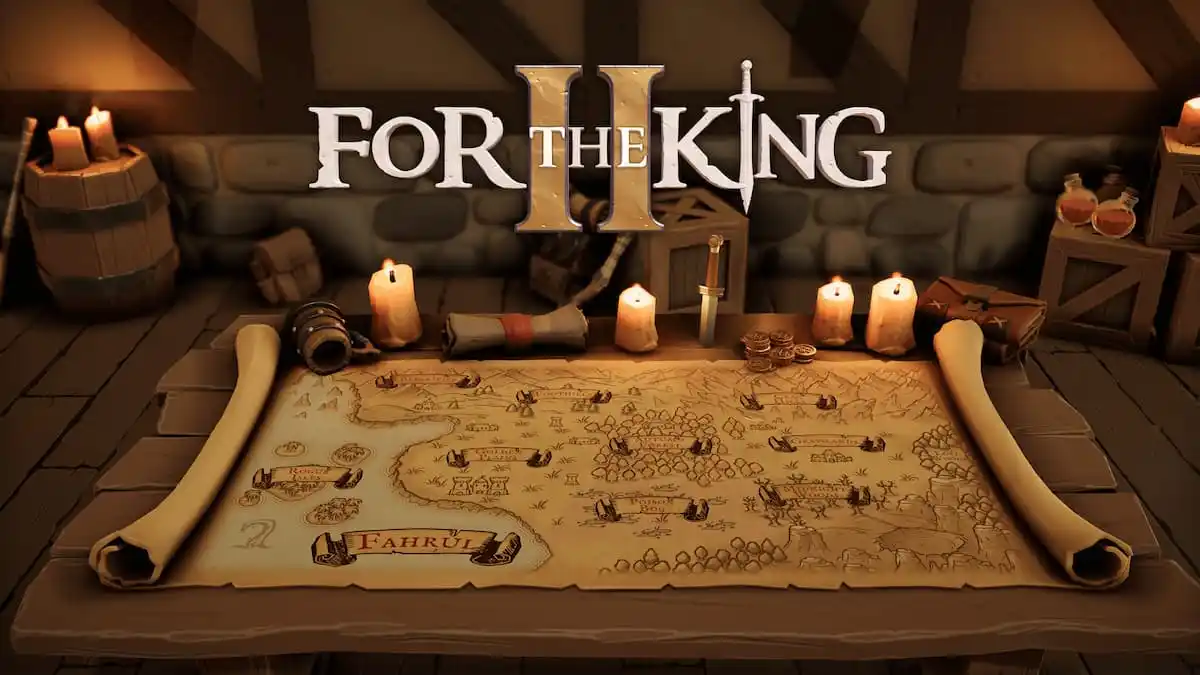
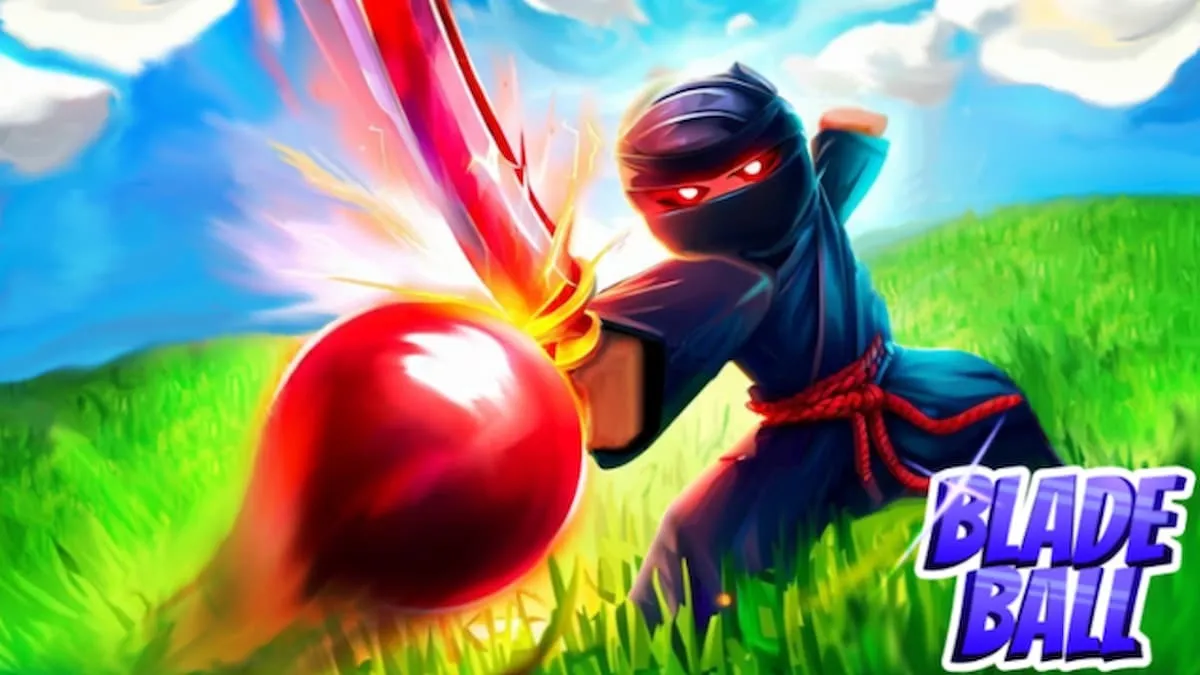

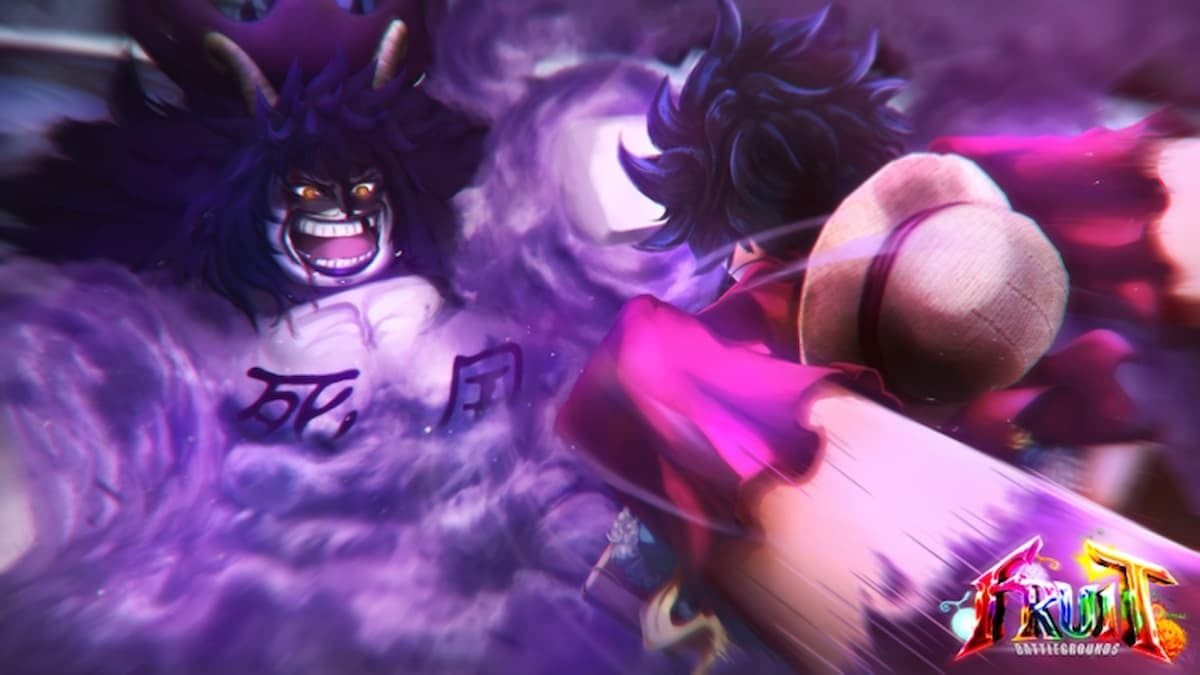
Published: Dec 17, 2017 11:33 pm